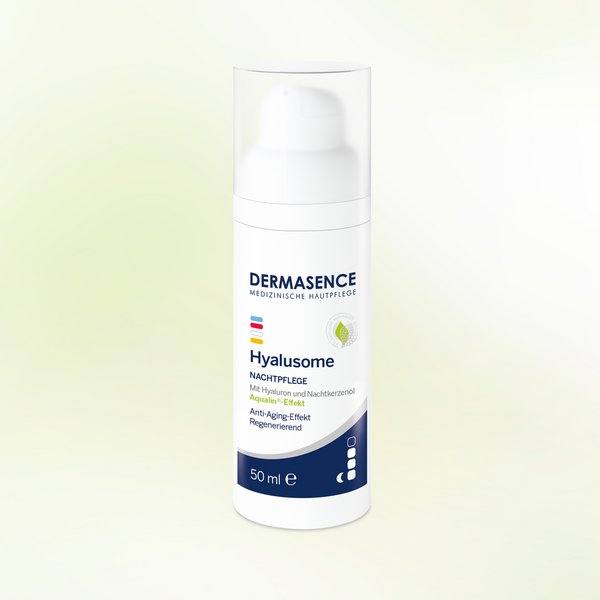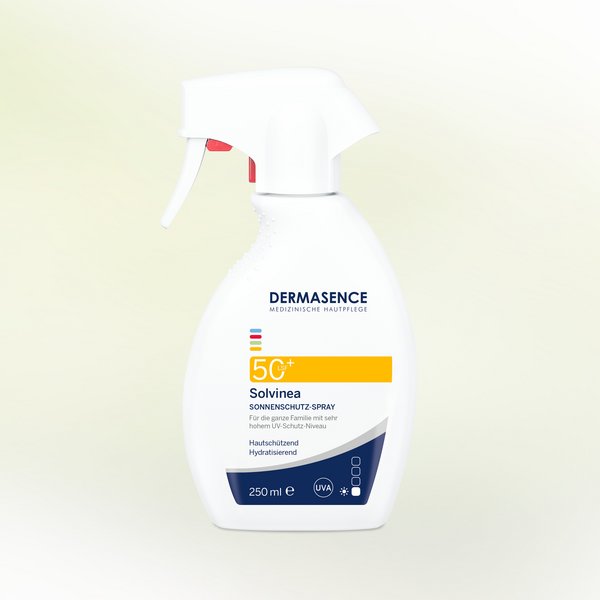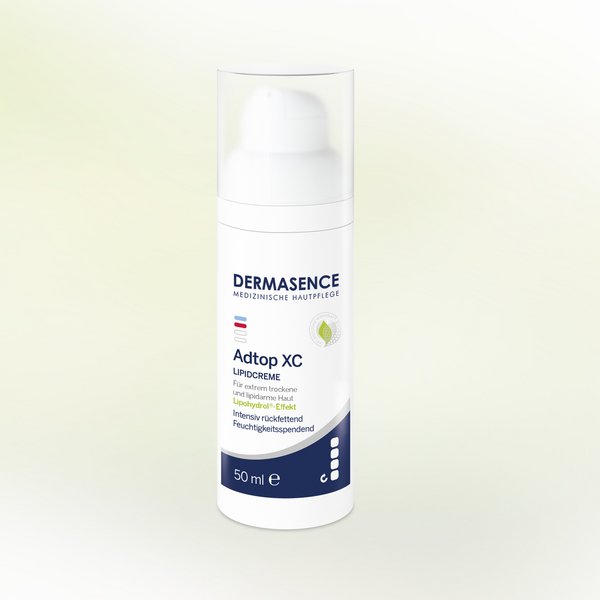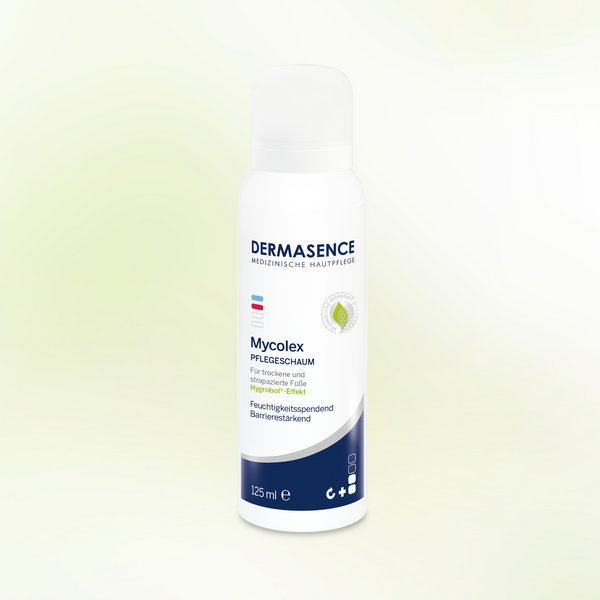While winter sports enthusiasts in particular enjoy the crisp cold temperatures and snow, the frosty climate presents our skin with real challenges: It tries to compensate for the dry ambient air and quickly loses moisture in the process. The fact that the sebaceous glands largely stop working at 8 degrees Celsius exacerbates the situation even more. The result: Dry, taut skin. In addition to this, the body significantly reduces the blood circulation of exposed areas such as the hands, nose and feet, to save energy. This leads to the top layers of skin renewing themselves more slowly than usual. The skin's own repair mechanism is also slowed down by cool temperatures. This can lead to cracked skin, through which bacteria can enter the skin more easily. And this in turn can lead to inflammation or eczema or trigger allergies in people with sensitive skin.
When falling snow is replaced by sunshine, another catalyst for skin problems comes into play: UV-A and UV-B radiation. Often underestimated in winter, the sun can also cause skin ageing and sunburn during the cold season - if the skin is not protected. The intensity of the radiation increases, especially at higher altitudes. Added to the snow and ice is the reflection of the radiation. The right skin protection is then essential to be able to fully enjoy the positive aspects of sunshine for the body.
But it is not only outside that the skin has more to do in winter than usual: Dry air from heating also robs the skin of valuable moisture in living spaces - and this can also result in irritated, dry skin.
Care products with a high lipid content
In cold weather, we advise against skin care creams with a high water content. The reason: They can draw moisture from your skin and even freeze on your skin in frosty temperatures. In the worst case, this can lead to bursting skin vessels.
Instead, we recommend rich creams with a high oil content. They preserve the moisture in your skin and protect it from dryness and skin irritations in winter.
How can I protect my skin from the stresses and strains of winter?
In addition to proper skin care, there are other aspects you can consider to make the winter season as relaxing as possible for your skin:
- Avoid baths that are too hot or too long
- Ensure optimal air humidity (e.g. with the help of indoor plants and regular airing)
- Drink enough fluids
- Protect your lips
- Outdoors: Dress warmly (e.g. gloves)
- If possible, avoid extreme temperature changes
- Choose clothing made of natural materials (e.g. cotton) so that the skin can breathe
What should winter sports enthusiasts bear in mind when it comes to skin care?
Whether it's ice hockey, skiing or cross-country skiing – doing sports in cold temperatures in winter keeps you fit and strengthens your immune system. To ensure that the skin is not as exhausted as the body at the end of the day, winter sports enthusiasts can pay attention to the following things in addition to skin care:
- Those who do sports outdoors should focus even more on sun protection. We recommend a sun protection factor of at least 30.
- Thick boots keep you warm, but the skin on your feet suffers from the lack of air circulation. Our tip: Whenever possible, expose your feet to fresh air and don't forget to take care of your feet!







